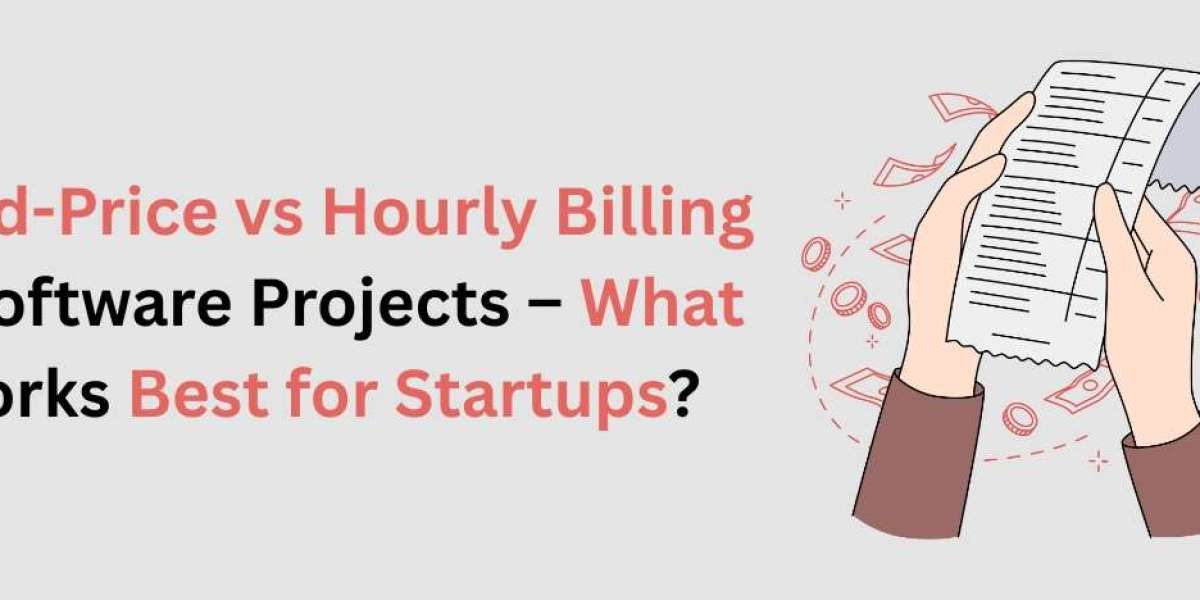For startup founders, every rupee and every hour count. One of the most impactful early-stage decisions you’ll make is how to structure your software project’s billing model. At Appristine Technologies Pvt Ltd, a trusted software development company in Pune, we guide startups through choosing between Fixed-Price and Hourly Billing models—based on their product goals, timelines, and budgets.
What is Fixed-Price Billing in Software Development?
In a Fixed-Price model, the project cost is agreed upon in advance. This model is based on a clearly defined scope, timeline, and deliverables. It’s best suited for:
MVP development with limited features
Single-use integrations or upgrades
Projects with strict deadlines and budgets
Startups benefit from cost predictability and deadline clarity, which makes this model great for early-stage execution when funding is limited.
What is Hourly Billing (Time & Material)?
Hourly billing allows startups to pay for the actual hours worked. It is ideal when:
The project scope may evolve over time
The product requires continuous updates or iterations
Startups are following Agile methodologies
This model offers flexibility, adaptability to market feedback, and room for innovation. It works well for SaaS products, AI/ML apps, and long-term projects requiring frequent pivots.
Fixed-Price vs Hourly Billing – What’s the Difference?
| Aspect | Fixed-Price Billing | Hourly Billing |
|---|---|---|
| Cost Predictability | ✅ High | ❌ Variable |
| Scope Flexibility | ❌ Low | ✅ High |
| Risk | More on vendor | Shared or on client |
| Timeline | Fixed, deadline-driven | Iterative, flexible |
| Best For | Short, defined-scope projects | Long-term evolving projects |
Pros and Cons for Startups
Fixed-Price Pros:
Clear budgeting
Structured timelines
Easier vendor performance tracking
Fixed-Price Cons:
Inflexible scope
Quality may suffer to stay within budget
Not suitable for changing requirements
Hourly Billing Pros:
Allows scope changes
Supports agile development
Transparent work tracking
Hourly Billing Cons:
Harder to budget
Needs active client involvement
Open-ended project risk
When to Choose Fixed-Price?
Go Fixed-Price when:
You have complete specifications (wireframes, documents)
Building a simple MVP or proof-of-concept
Your budget and timeline are non-negotiable
Examples:
A fixed-feature health app MVP, a CRM customization, or static websites.
When to Choose Hourly Billing?
Pick Hourly Billing when:
You’re using Agile or Scrum
Your product is evolving or in R&D
The market requires constant iteration
Examples:
SaaS platforms, AI-powered applications, or e-commerce dashboards.
Startup Budgeting: Cost vs Value
While Fixed-Price is easier to budget, it can limit flexibility. Hourly billing, though more open-ended, supports iterative development and long-term scalability. For example, a ₹5 lakh MVP may be fast, but a ₹7 lakh hourly prototype could yield better investor interest due to improved feedback integration and functionality.
Is There a Hybrid Option?
Yes! Many startups now prefer hybrid billing models:
Discovery Phase: Hourly
Core Modules: Fixed
Advanced Features: Hourly
This ensures both predictability and adaptability in one engagement model.
How Appristine Technologies Supports Startup Growth
At Appristine Technologies, we help startups select the right pricing model through:
Project discovery workshops
Agile-aligned roadmaps
Clear milestone tracking
Scalable, startup-friendly engagements
Whether you’re building an MVP or scaling your SaaS product, we tailor billing strategies to your growth stage and market conditions.
Still Unsure? Get a Free Consultation
Confused about Fixed-Price vs Hourly Billing for your startup project? Let us help you navigate this critical decision with a free consultation and project estimation tailored to your business goals.



